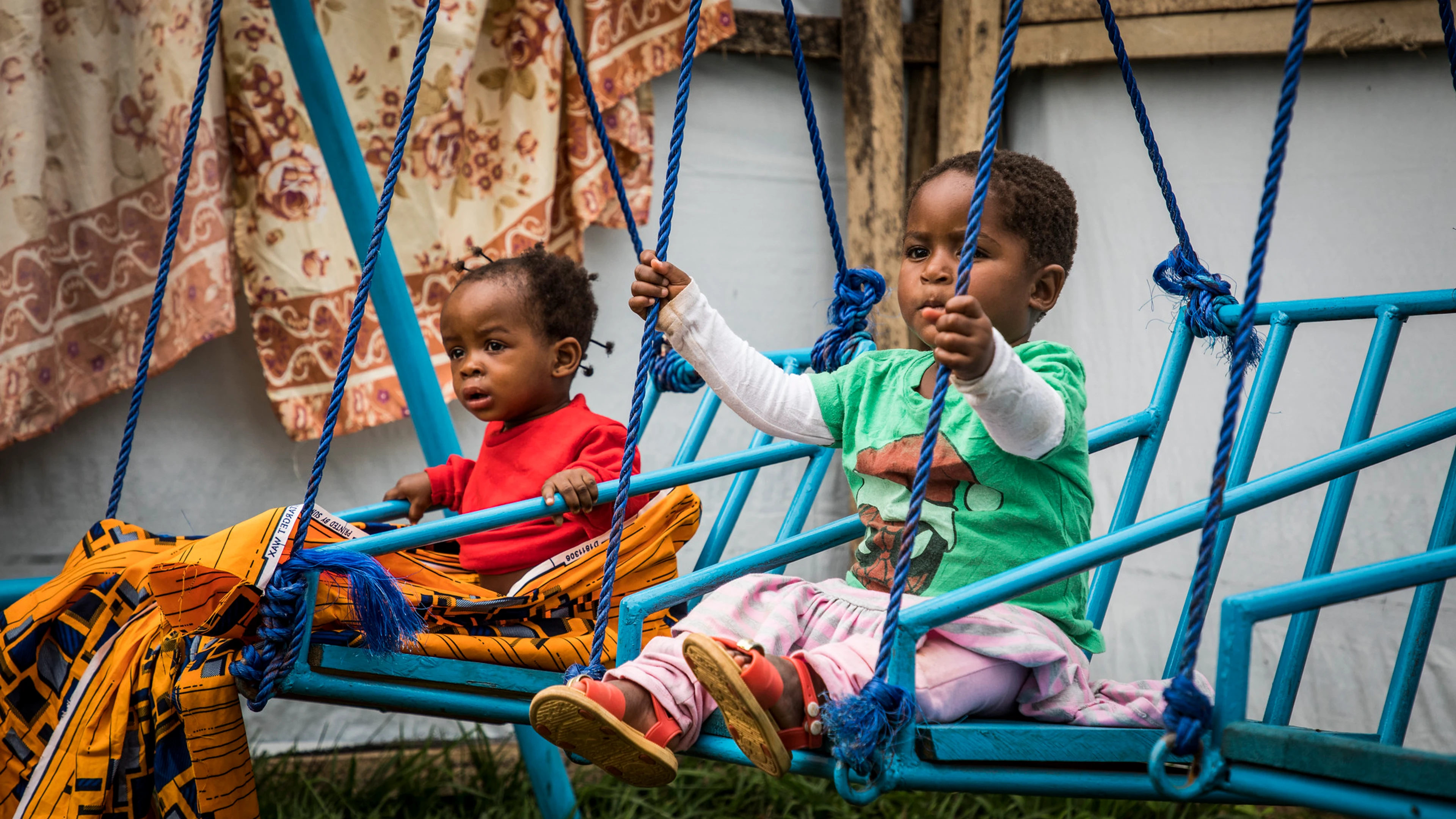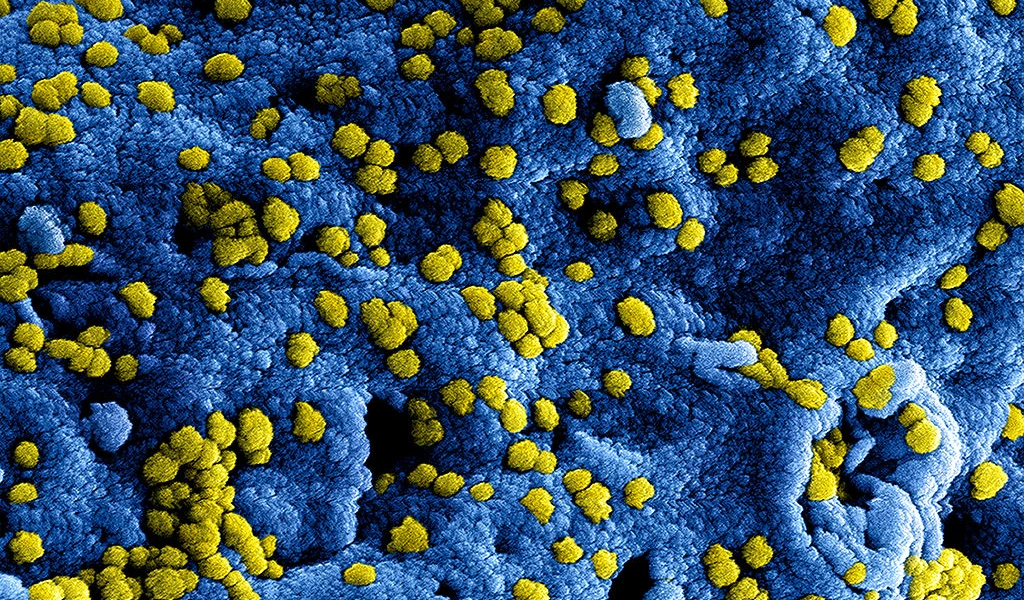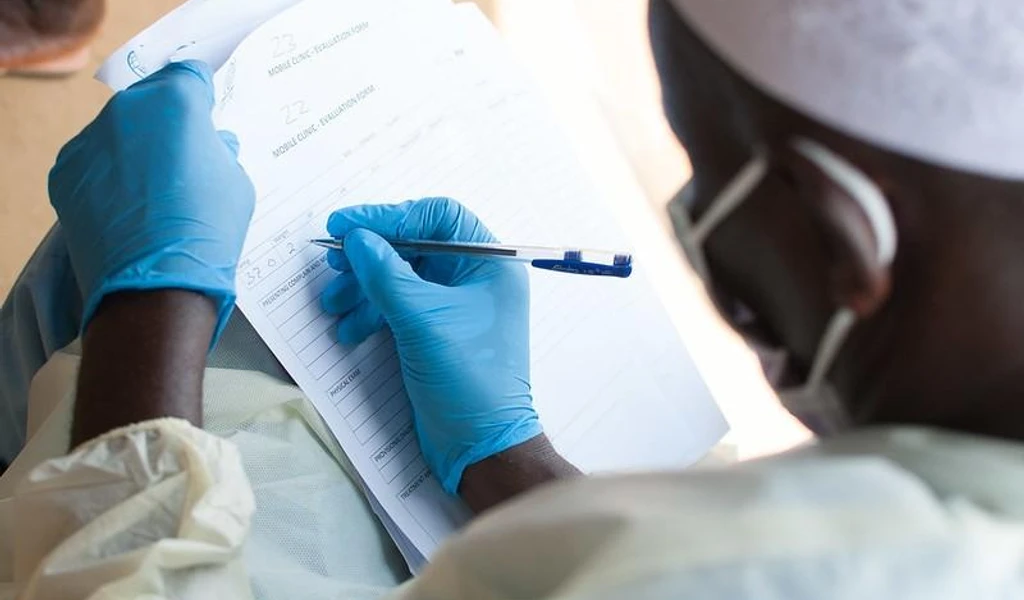Epidemics can occur anywhere, at any time.
We publish regular updates, produced by Program for Monitoring Emerging Diseases (ProMED), on outbreaks of emerging infectious diseases to keep you informed on the frequency and impact of our priority diseases.
ProMED is the largest publicly-available system conducting global reporting of infectious diseases outbreaks, with ProMED staff, moderators and team members scanning for, reviewing and posting information relating to global health security from official health reports and media articles.
The below post contains information from health reports, news articles, and academic papers relating to our priority diseases, compiled together by ProMED. Content below may be edited from original ProMED posts for style and length.
These posts provide an overview of disease outbreak activity over the past several weeks. For the latest information relating to outbreaks of infectious diseases, please visit the ProMED website.
Ebola
Location
North Kivu and Ituri provinces, Democratic Republic of Congo
Outbreak Update
WHO Ebola Dashboard, data up to Fri 9 August 2019: 2801 cases, 368 people being followed, 1879 deaths, 813 survivors.
Actualite.cd - The 1st confirmed case of Ebola virus disease has been detected in the locality of Lolwa, in Mambasa territory in Ituri province. Lolwa is located 60 km [37.3 mi] east of the city of Mambasa. This health zone is the 9th affected by Ebola in Ituri, the 27th in the 2 provinces (North Kivu and Ituri). Ituri alone recorded 175 deaths among the 318 confirmed and probable cases. The worst-hit health area is Katwa, with 451 deaths, Suovi de Beni, with 394 deaths, and Butembo with 312.
Also see WHO: Disease Outbreak News, 8 Aug 2019
Disease Research
A study from Boston Children's Hospital suggests that an anti-parasitic drug, nitazoxanide, enhances the immune system's ability to detect Ebola. The study was conducted in human cells and published in the journal iScience.
Because nitazoxanide is already approved by the US Food and Drug Administration (FDA) for use in children and adults for infections caused by giardia and cryptosporidium, it could prove to be a convenient and accessible Ebola treatment.
"Currently, there is no easily deployable therapy for Ebola virus," Anne Goldfeld, MD, of the Program in Cellular and Molecular Medicine at Boston Children's Hospital said in a press release.
See the full ProMED post here
MERS-CoV
Location
Saudi Arabia
Outbreak Update
Saudi Arabia Ministry of Health, 6-9 August 2019
In the 4 days since the last update [MERS-CoV (59): Saudi Arabia (RI, QS) there have been no newly confirmed cases of MERS-CoV infection reported by Saudi Arabia. In addition, there have been no new reports of outcomes of the 2 previously reported cases currently listed as active cases.
See here.
WHO Global Assessment
In its latest annual global risk assessment of MERS-CoV, the World Health Organization (WHO) said transmission, symptom profile, and virus characteristics haven't changed since its last report, but officials are still deeply concerned about transmission in hospitals.
Since its last update in June 2018, 219 cases were reported in 4 countries: Saudi Arabia (204), Oman (13), South Korea (1), and the United Kingdom (1). However, of the 97 secondary cases reported to the WHO, 52 were linked to transmission in hospitals, including 23 infections in healthcare workers. Since the virus was 1st detected in humans in 2012, 2449 cases have been reported through [30 Jun 2019], 84% of them in Saudi Arabia.
The virus is known to spread more easily in healthcare settings, and research is underway to better understand the factors that drive transmission.
The full document "WHO MERS Global Summary and Assessment of Risk" July 2019 WHO/MERS/RA/19.1 can be found here.
See the full ProMED post here
Information available within this Disease Outbreak Update is produced byProgram for Monitoring Emerging Diseases (ProMED).
Note: Content may be edited for style and length.



